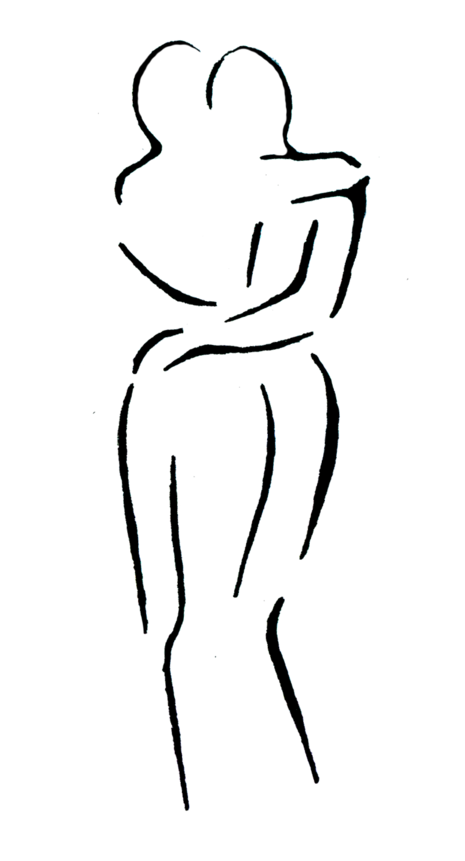Bipolar and hypersexuality
A topic rarely spoken about are symptoms of a mental illness that can create hypersexuality. This is mainly seen in manic or hypomanic episodes of bipolar (some 2.4 million people are diagnosed in the UK) where hypersexuality can occur. It is defined as the increased desire for sexual gratification, characterized by lowered inhibitions. Approximately 57% of individuals with a diagnosis of bipolar will experience sexual distress and dissatisfaction (FYI this can also be linked to hyposexuality due to depressive episodes/side effects of medication).
People experiencing hypersexuality may never feel satisfied with sex. They may want to continue having sex or masturbating for hours without truly feeling that they have completed the act. Not everyone experiencing a manic episode will become hypersexual, but it is linked to an elevated mood and pleasure-seeking behaviours which means it can be hard to control behaviours. This can be stressful for the person and any partners.
The heightened need for sex or sexual activity is not an issue in itself, it is, however, when it causes distress for the individual or couple. Particularly when it is compared with risk-taking, impulsivity or decrease in self-awareness.
Hypersexuality can’t be treated solely. Bipolar hypersexuality responds to treatment and will diminish when the symptoms of mania are brought under control. When the bipolar is effectively treated and symptoms are under control, those hypersexual feelings will dissipate. From my experience as a mental health professional, those who have sought treatment and have regulated their moods are often left feeling ashamed or hurt. It is absolutely vital to work at supporting the individual (and perhaps couple) through compassion and reassurance plus a non-judgemental approach.

